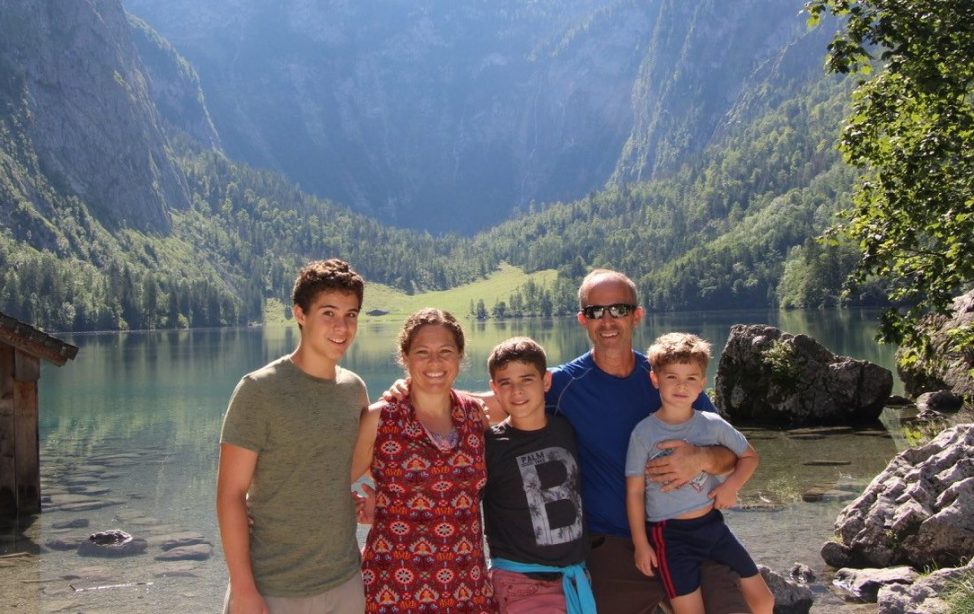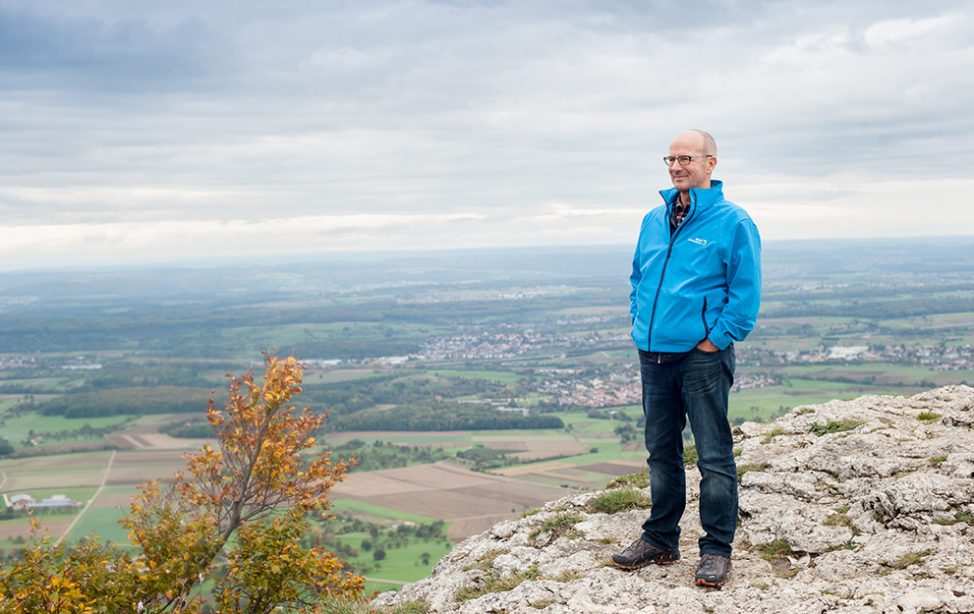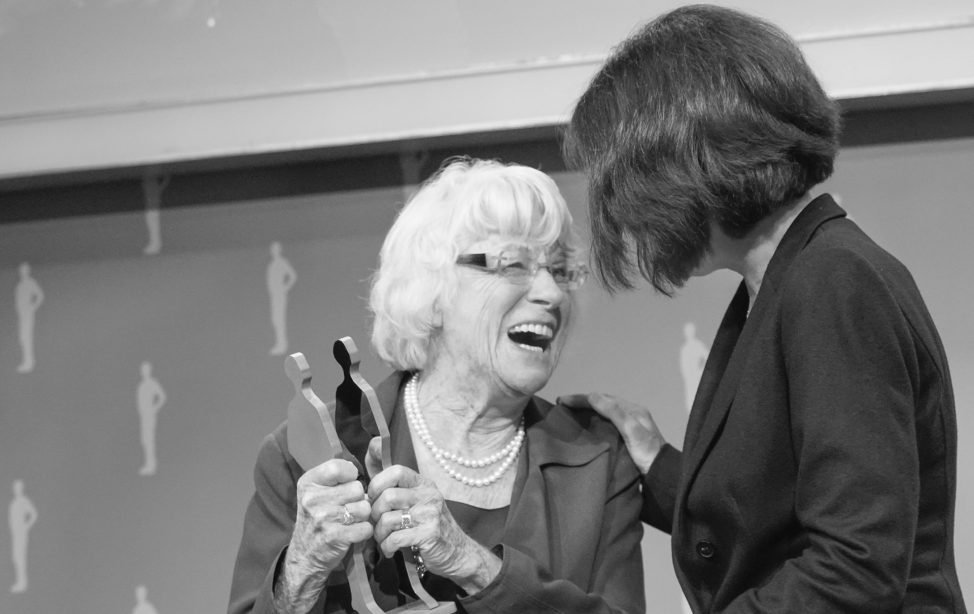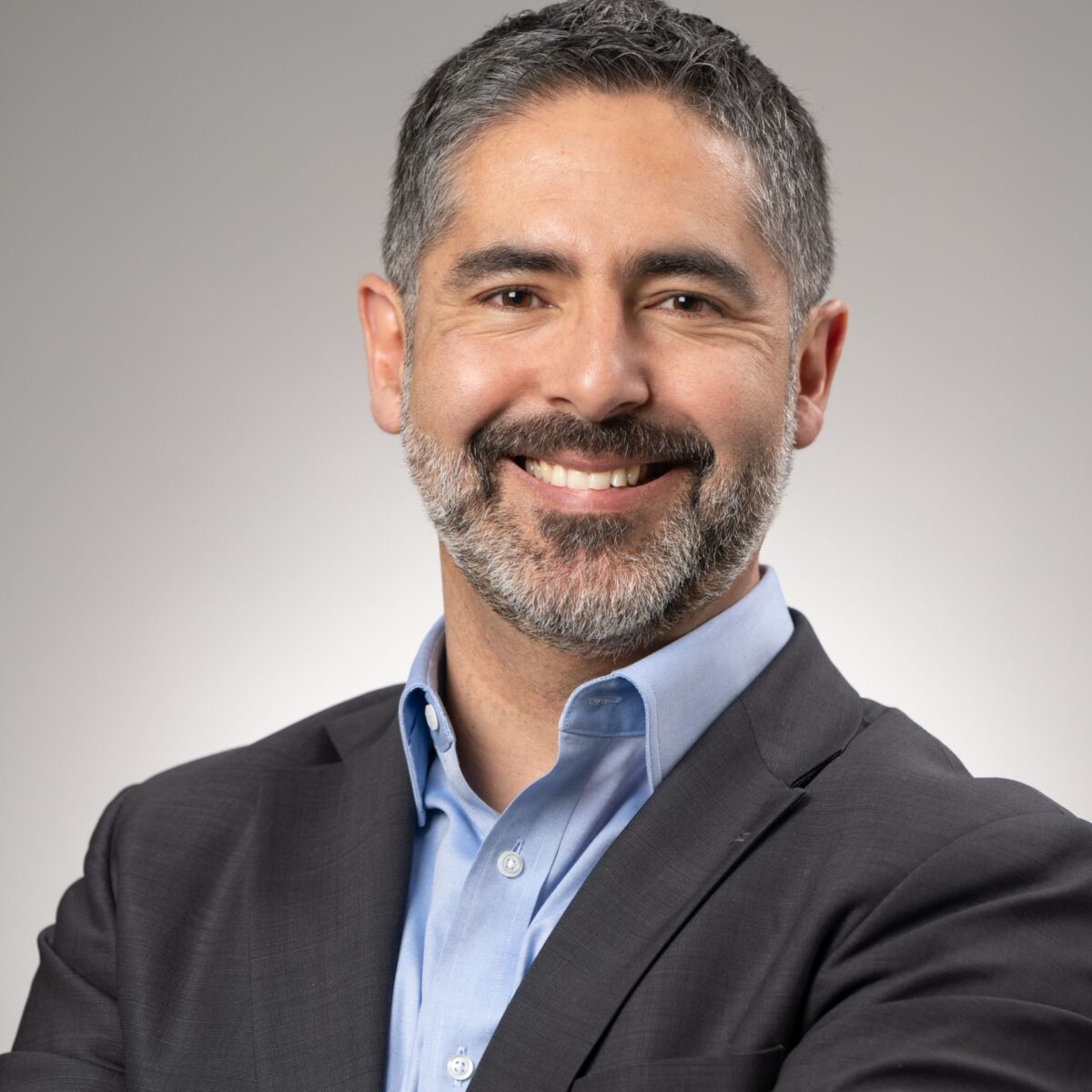
Francisco Obreque is Lead Rural Development Specialist at the World Bank. He completed his doctorate at TUM Chair of Land Planning and Development in 2000 (Picture: World Bank Photography Services).
PROMOTING RURAL DEVELOPMENT
The specialist for development cooperation talks about a project in Malawi: “This small country in south-east Africa is very poor, and more than 70 per cent of the population works in agriculture. However, the harvest is often only sufficient for their own needs. We wanted to help farmers organize themselves into cooperatives and sell their products collectively.” Many things had to be tackled to achieve this: access to water, a fair distribution of land and the creation of structures for the cooperatives. “For projects like the one in Malawi, we work with government teams and local partners who know the country and its requirements.”
The TUM Alumnus came to Malawi when the project was in the middle of a crisis. With a great deal of commitment from his team at the World Bank and the local government, the farmers and other local partners, the project was successful after all. Really successful. When he talks about it, Francisco Obreque’s eyes light up: “When I arrived, there were eight groups of farmers who had organized themselves into cooperatives. Three years later, there were 300 groups selling their products to 100 companies. In total, over 100,000 people and their families now have a regular income. I am always particularly happy when we support women in this way and when children can finally attend school.”
FROM CHILE TO MUNICH
Francisco Obreque also benefited from financial support and knows how it can help people to move forward. Between the mid and late 1990s, he studied agricultural engineering at the Pontifica Universidad Católica de Chile. At this time he was still unfamiliar with Germany and Munich. That changed when TUM became the new partner University of his Chilean University. “I really wanted to go abroad and get to know other cultures. That’s why I was immediately excited when a professor told me that there was an opportunity to do research in Munich.” He flew to Munich a short time later. “I was welcomed very warmly. That made it easy for me to find my direction and arrive in Germany. My supervisor at TUM also helped me to find a DAAD scholarship.”
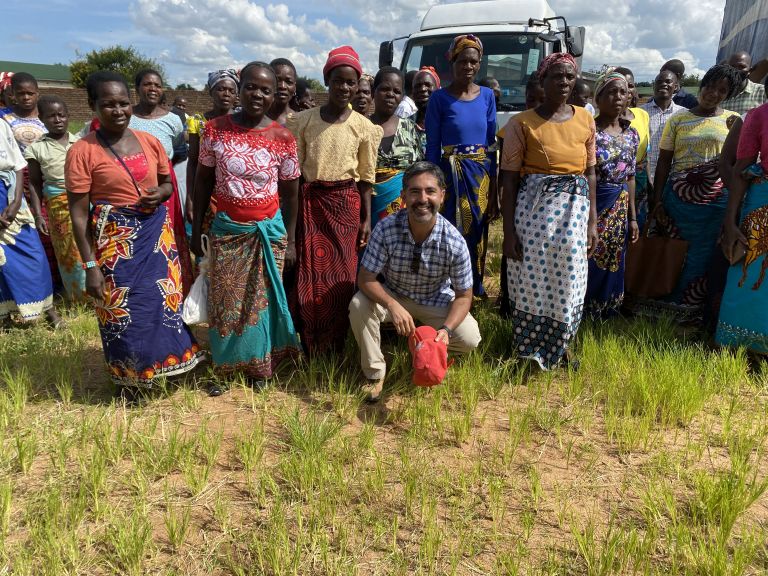
Francisco Obreque freut sich besonders, wenn durch die finanzielle Förderung der Projekte auch die Situation der Frauen und Kinder verbessert werden kann (Bild: Teddie Nakhumwa).
It was a privilege to be able to do my doctorate at TUM. Here I learnt to work in an intercultural and interdisciplinary way.
The second supervisor of his dissertation also played an important role in Francisco Obreque’s life. He became Minister of Agriculture in Chile and offered a job as an advisor to the TUM Alumnus after his doctorate. Francisco Obreque accepted. He still benefits from the experience he gained there today. “In my current job, I have to deal a lot with ministries and authorities in different countries. It helps me tremendously that I worked in a ministry myself and know the processes.”
WORKING INTERNATIONALLY
In how many countries has he already worked? He first has to count: “My department is responsible for 90 projects in 24 countries and includes 230 professionals. I have lived in three countries and worked in over ten countries, including Bolivia, Argentina, and Malawi.” Francisco Obreque speaks Spanish, English, French and Portuguese. He also learnt German in Munich, but admits that it is now a little rusty. “When I work in very rural areas in Africa, I sometimes get stuck with French and English. Then I communicate with my hands and feet,” he says with a smile.
For the TUM Alumnus, being able to adapt quickly to other people and cultures is one of the most important skills he needs on a daily basis. He therefore advises students who are interested in a position in an international organization and with NGOs: “Learn languages and gain intercultural experience during semesters abroad and internships.” A degree from a renowned university can be a door opener, but practical experience is also important. “When I receive an application, I want to see that the person can solve real problems – not just at an academic level, but in a very practical way on grassroots level.”
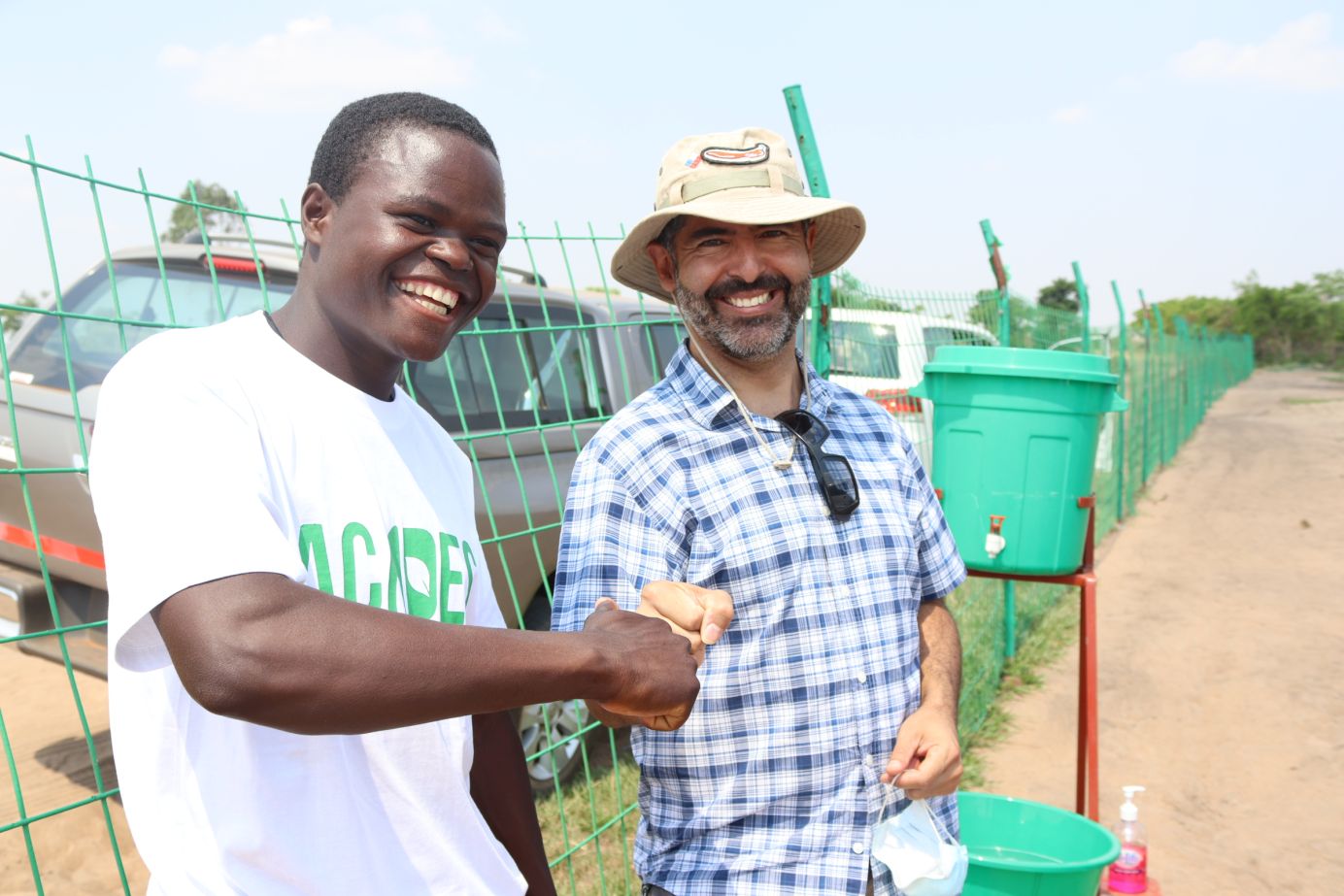
With his team, TUM Alumnus Francisco Obreque works on agricultural development projects in Malawi (Picture: Teddie Nakhumwa).
Doctorate Civil Engineering and Geodesy 2005
Francisco Obreque wrote his doctoral thesis under the supervision of TUM Professor Dr. Holger Magel, who held the Chair of Land Planning and Land Development. After completing his doctorate, he worked as an advisor to the Minister of Agriculture in Chile. After further positions at an agricultural development agency, the United Nations Development Programme (UNDP) and a development bank, Francisco Obreque has been working for the World Bank since 2012. As Lead Rural Development Specialist, he is an advisor to the Director of Sustainable Development in Eastern and Southern Africa, covering projects in agriculture, water, environment, climate and social inclusion.
